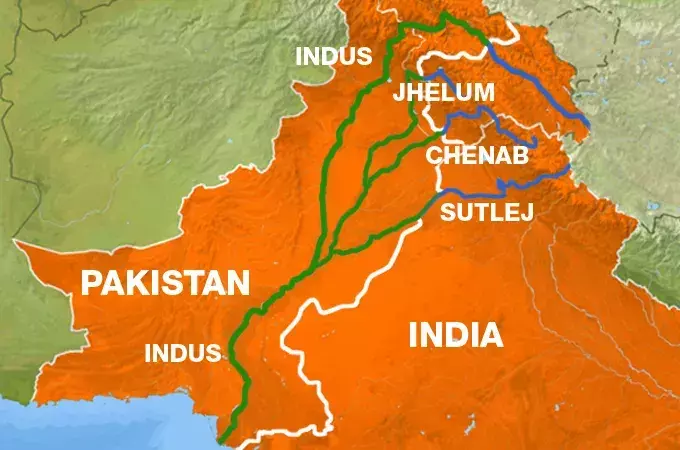
India’s Bold Move and the Global Ripples Ahead
In a historic and assertive decision, India has suspended the Indus Waters Treaty with Pakistan—a water-sharing agreement that stood firm for over six decades, even during wars and diplomatic deadlocks.
This landmark move follows a tragic attack in Kashmir, shaking the nation and prompting a response rooted in national security, strategy, and a firm call for accountability.
Let’s break down what this means for both nations and the wider region.
What Is the Indus Waters Treaty and Why Was It Important?
Signed in 1960 with the assistance of the World Bank, the Indus Waters Treaty allocated six rivers between India and Pakistan. India received rights over the eastern rivers (Ravi, Beas, Sutlej), while Pakistan controlled the western rivers (Indus, Jhelum, Chenab).
The treaty:
-
Enabled cooperation over shared water resources
-
Helped avoid water-related conflicts during tense geopolitical times
-
Was often seen as a rare symbol of peaceful diplomacy
Despite military conflicts, the treaty endured. Its suspension signals a deep shift in bilateral relations.
Why Did India Suspend the Treaty Now?
The catalyst: a terrorist attack in Kashmir that claimed 26 innocent lives, including tourists. With clear evidence pointing toward cross-border terrorism, India took a decisive step, stating that peace cannot be one-sided.
“If there is no trust, there can be no sharing—not even of natural resources.”
This is not just a symbolic gesture—it’s a strategic recalibration. By halting the treaty, India has put national security and dignity above outdated agreements.
What Are the Implications for Pakistan?
Pakistan’s reliance on the Indus system is immense:
-
Over 80% of its agricultural land depends on these rivers
-
The system supports drinking water, food security, and electricity
The suspension means:
-
Water flows could become uncertain
-
Pakistan faces pressure to curb support for extremist elements
-
A diplomatic rethink might be unavoidable
Although India hasn’t physically blocked the water yet, the move creates a geopolitical and humanitarian ripple effect.
What Changes for India on the Ground?
In the immediate term:
-
No river will be blocked right away
-
But India now reserves the right to fully utilize its share
-
Projects for hydroelectric power and irrigation may accelerate
The decision also reinforces India’s stance:
Peace is only possible with mutual respect and accountability.
It marks a shift from symbolic cooperation to assertive diplomacy.
New Delhi’s Message: National Security First
Through this suspension, India sends a clear, non-military message:
-
Terrorism will not be tolerated
-
Bilateral trust must be mutual
-
Agreements must reflect present realities
India emphasizes this is not a step toward war—it is a demand for real peace, not rhetorical peace.
Impact on Kashmir and Regional Stability
Kashmir remains central to the India-Pakistan equation. The region’s strategic importance—its rivers, borders, and people—cannot be overstated.
By suspending the treaty:
-
India draws a red line on continued attacks and instability
-
It underlines the link between security and diplomacy
The message is clear: water and cooperation will flow only when peace flows too.
Tourism Takes a Hit—But Hope Remains
The Kashmir attack has affected local tourism significantly:
-
Cancellations and travel hesitations hurt local businesses
-
Houseboat owners, guides, and artisans face economic strain
Yet Kashmir’s people are resilient:
-
They are proud of their heritage
-
They understand that peace and tourism are deeply linked
-
The government is working to rebuild confidence and improve safety
Final Thoughts: A New Era of Indian Diplomacy
India’s suspension of the Indus Waters Treaty is more than a political move—it’s a declaration of dignity.
-
It’s about protecting lives, not punishing nations
-
It’s about redefining diplomacy in the era of cross-border threats
“If threats stop, if peace is pursued sincerely, the waters can flow again—just like hope.”
Read More: Shadows Over Paradise: Pahalgam Attack Shakes Kashmir, But Hope Endures




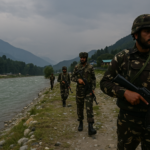



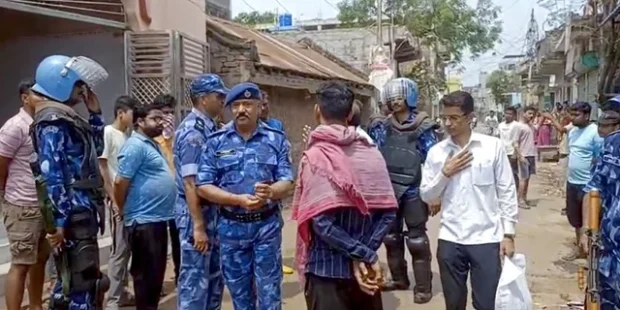
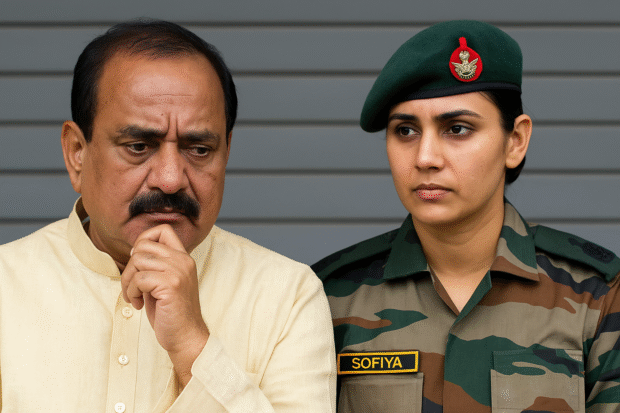


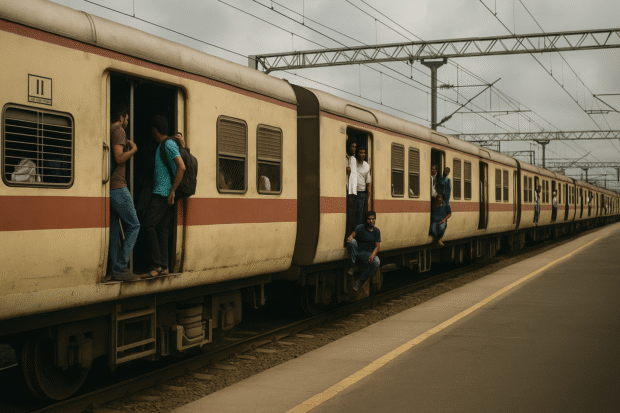

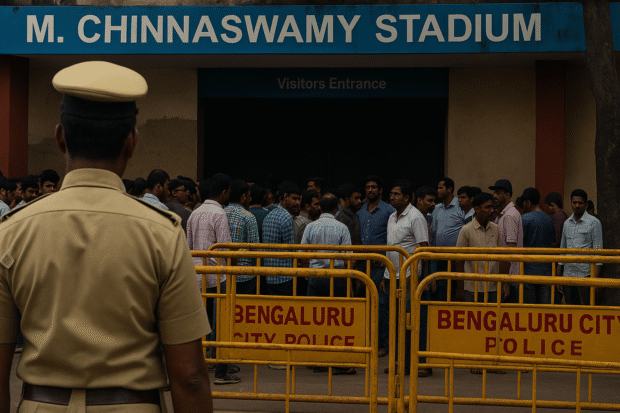


Be the first to leave a comment